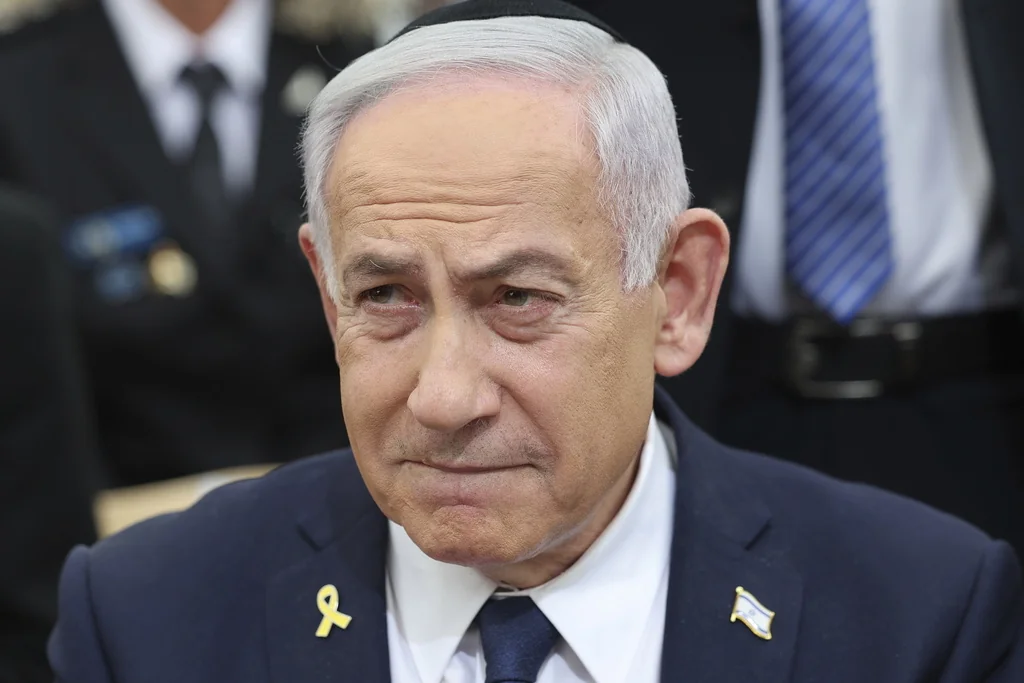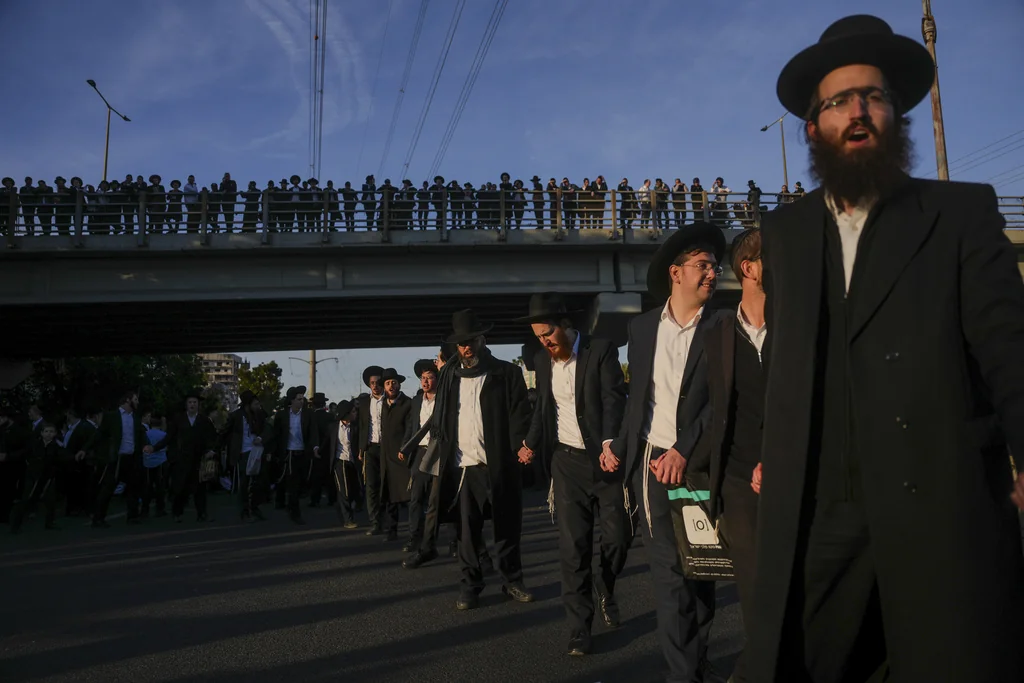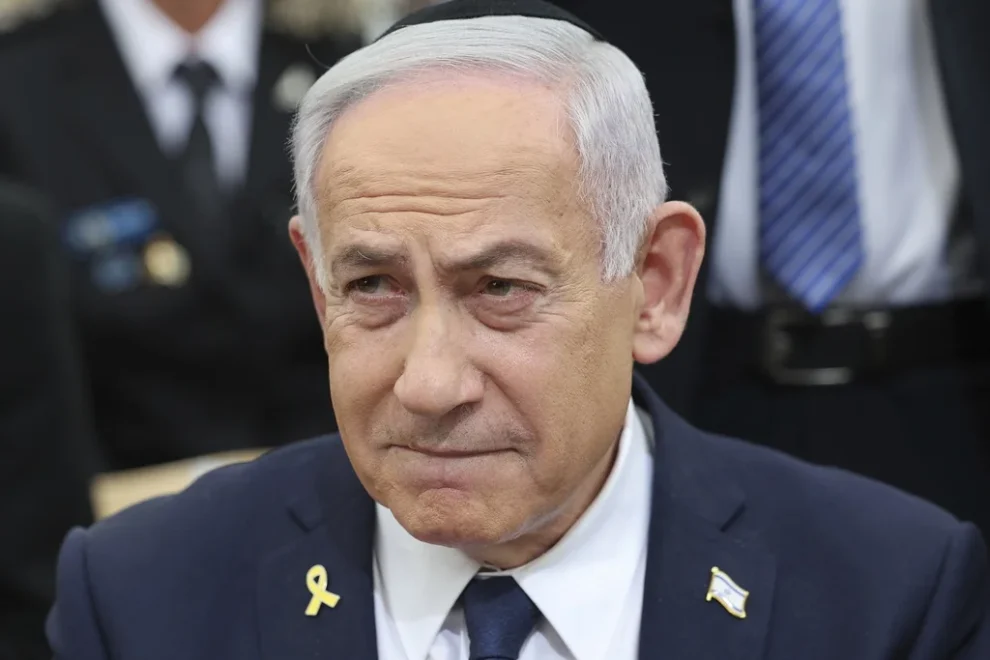Israeli Prime Minister Benjamin Netanyahu survived yet another attempt to vote his government out of power, despite the opposition’s best attempts to activate the country’s religious communities against him.
The bill, which would have dissolved the Knesset and called for new elections, was defeated on Thursday with 61 out of the 120 lawmakers voting against.
The successful block means that bills seeking to dissolve the Knesset cannot be submitted again for another six months.

Parties such as United Torah Judaism and Shas had threatened to pull support from the Netanyahu coalition over the divisive decision to conscript members of their ultra-orthodox communities.
Ultra-orthodox, also known as the “Haredi” or “God-fearing,” have been given a pass from compulsory military service since the nation’s founding.
Early Israeli leaders believed the communities, which often devote their entire lives to studying the Torah, best served their country by preserving the intellectual traditions of the Jewish faith.
But a Supreme Court decision last year found that the government’s decision not to compel ultra-Orthodox to serve amounted to “invalid selective enforcement, which represents a serious violation of the rule of law.”
Since then, attempts to wrangle men from the religious communities have been frustrated by organized opposition, draft-dodging, and political unrest.
While initially poised to help vote against the Netanyahu government over this issue, the Haredi parties backed down following a series of emergency meetings with Foreign Affairs and Defense Committee Chairman Yuli Edelstein.
“I am pleased to announce that after long discussions we have reached agreements on the principles on which the draft law will be based,” Edelstein said.

The finer points of the parties’ proposed reforms are not yet known, but the chairman has made clear that he would not support any changes that did not provide room for the government to crack down on flagrant draft dodgers.
The question of conscription is more relevant than ever as Israel is reportedly on the threshold of striking Iran after U.S. nuclear negotiations with the regime stalled.
While saber-rattling in the region is far from uncommon, the United States seems to be taking the threat of conflict seriously. The State Department and Pentagon are ordering nonessential workers to depart from Iraq, Bahrain, and Kuwait.
Asked if there was any way to “dial the temperature down in the region,” Trump said, “Very simply, they can’t have a nuclear weapon. We’re not gonna allow that.”
























